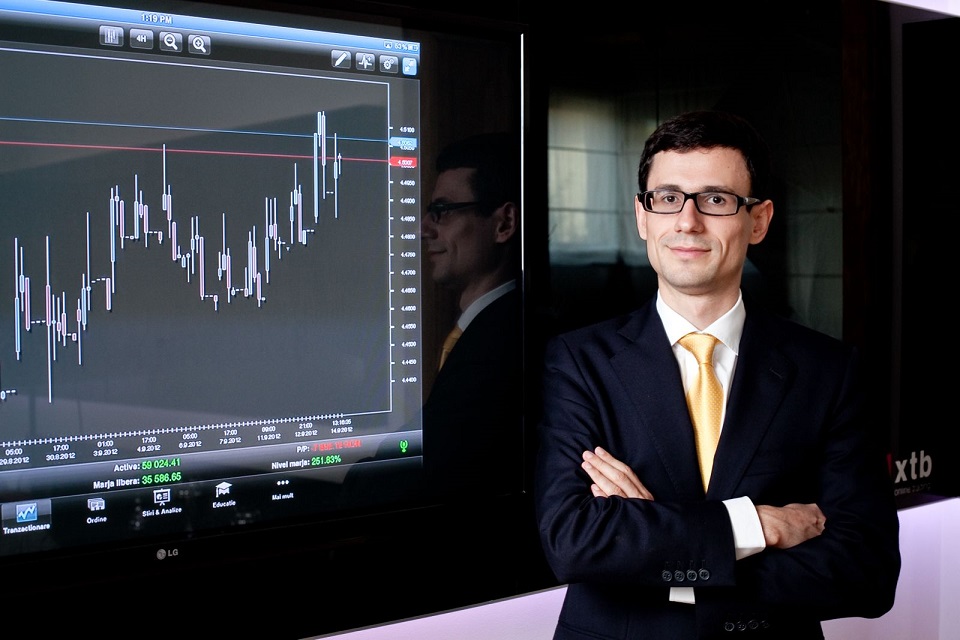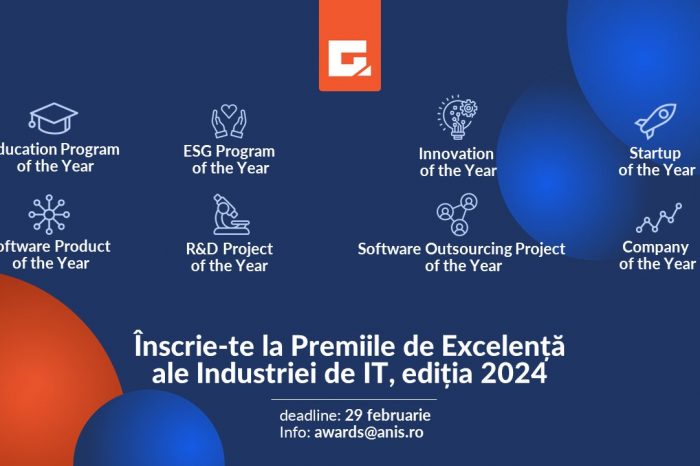XTB Analysis: AI companies want spectacular sums for technology development. Who wins and who loses from the clash of the titans?

Claudiu Cazacu, strategy consultant at XTB Romania:
To understand the progress in the AI segment, it is enough to look back a few years and notice that dialogue with a system, the ability to generate images and videos, to summarize a text, demonstrating its understanding were barely sketched skills or even non-existent.
However, if we follow the daily flow of information on topics related to artificial intelligence, the natural adaptation to everything new can make us lose sight of the overall picture, emphasizes Claudiu Cazacu, strategy consultant at XTB Romania.
For key people in technology, who have access to ample capital and human resources, all attention is focused on the future.
“Here, anticipating needs becomes essential, and while there is a quasi-consensus about the exponential growth of AI’s importance to the economy and society, the world has been taken by surprise by the scale of the effort proposed in one of the options. Sam Altman, the CEO of OpenAI, is trying to get both the funding and the US agreement for a gigantic project”, says Claudiu Cazacu.
According to the WSJ, Altman would like $5 to $7 trillion to resize the global chip industry. Nvidia’s current market capitalization is $1.7 trillion, while TSMC, the Taiwanese manufacturer that makes the high-performance chips designed by Nvidia, has a market value of $0.55 trillion. The scale of the amounts circulated has caused various reactions, from amazement to disbelief. It is very likely, however, that the financing will be thought of in installments, for a multi-year project – but even assuming 20 annual or semi-annual installments, the amount of 350 billion dollars remains spectacular. The revenue of the entire chip industry in 2023 is 13 times lower than the funding package that OpenAI’s CEO would request, XTB’s strategy consultant points out.
Investors sharpened their senses to sense the winners of the AI race The importance of the plan lies not only in the huge financial footprint, but also in the need to raise capital from the Middle East. The agreement of the US government will be necessary to integrate the sensitive aspect of the opening of some of these states to China as well.
Both the US and China seem to have understood the importance of the sector in consolidating global standing, both through its power to propel economies and AI-enabled defense capabilities.
“Without chips, innovation and, ultimately, strategic force cannot be thought of. Such a project can only be thought of in the long term, on a horizon that could exceed 10 years. However, the markets are already paying attention and trying to sense who the winners would be in the very long-term race. On the one hand, we have the suppliers of raw materials, technology used in the physical production of chips and, quite possibly, firms such as ASML in the Netherlands, which produces the sophisticated machines used by TSMC in Taiwan; on the other hand, we have the whole field of energy. Energy consumption is already a source of challenges for the new data centers used in generative AI”, emphasizes Claudiu Cazacu.
Compared to current estimates, the importance of the processing and data center segment in total energy consumption could be underestimated. Ultimately, the human brain remains a highly efficient way to process information from an energy consumption perspective, but that won’t stop AI efforts. The scaling of data volume and the need to quickly get answers from AI will lead to a massive increase in the need for energy, which could primarily favor renewable energy producers.
On the other hand, who could suffer? First, attention turns to the headliner of the AI revolution: Nvidia. The stock has advanced 44.2% since the start of the year alone and 236% in the past 365 days, leading the company to a market value temporarily above that of giant Amazon. Today, the financial results for the recently ended quarter are highly anticipated, but especially the forecasts for future revenues.
The XTB Group is an international provider of trading and investment technology products, services and solutions. XTB Group entities are supervised by the world’s largest regulatory authorities, including the FCA, CySEC and KNF. For over 18 years, XTB Group has provided retail investors with immediate access to hundreds of markets around the world. XTB is a fintech company based on trust, technology and support. Since 2004, XTB Group has expanded its business, which now covers 13 major markets in Europe, Latin America and Asia, gaining the trust of more than 935,000 customers. Using their own award-winning xStation and xStation Mobile platforms, XTB Group entities provide access to over 6,000 financial instruments, including real stocks, ETFs and CFDs for Forex, indices, commodities, stocks, ETFs and cryptocurrencies. Through the X-Open Hub, XTB provides cutting-edge technology to financial institutions around the world.












